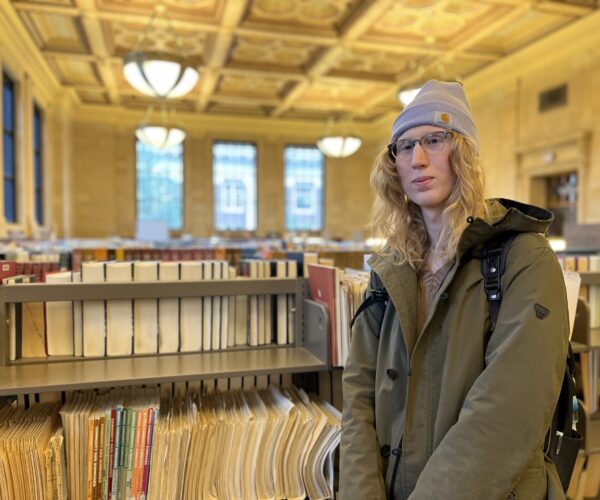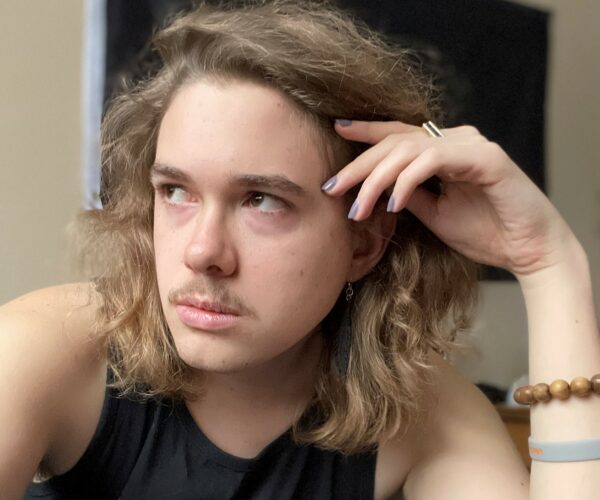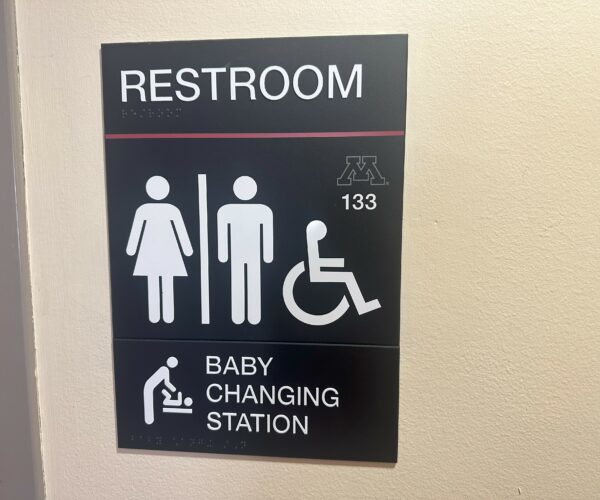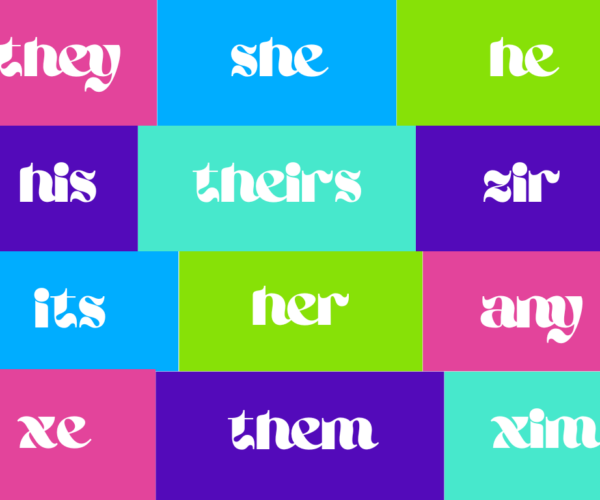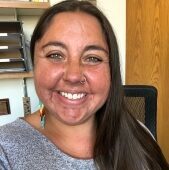By Amanda Fisher
Nina Hernandez Beithon, the diversity liaison counselor at the University of Minnesota, said the challenges she faced in her youth inspired her career path in counseling.
“I had pretty difficult high school and college years,” said Hernandez Beithon, who identifies as polyamorous and queer. “I also interacted with helping professionals that were less than helpful.”
Her experiences propelled her into a career, where she now leads individual and group therapy to support students and address mental health struggles as they develop their identities, which she has been doing for six years at Student Counseling Services (SCS).
“I really wanted to be able to show up for my community and support healing, and I have been able to do that in a variety of ways now,” Hernandez Beithon said.
She got her bachelor’s degree in social work from Bethel University and began doing field work in domestic violence and children’s mental health case management within the Latino community. Hernandez Beithon, who is Mexican, took the job with SCS after completing a master’s degree at the University of Minnesota in 2017.
Much of her work involves dispelling socialized homophobia and transphobia, which students can sometimes internalize as negative beliefs about themselves, she said. Her therapy work supports students on their paths to discovering and embracing their identities.
“Often it’s doing some processing around identity development. What have been moments in your life where you felt really connected, supported, really cared for in your identity? And how can folks be finding more and more of those spaces for themselves?” Hernandez Beithon said.
Services offered at the university, including the Gender and Sexuality Center for Queer and Trans Life (GSC), can provide those queer-affirming spaces for students, especially for those who have experienced discrimination and other challenges on campus, she said. Even so, students still run into difficulties.
“I think there’s a lot of people that really care a lot and are trying to do better, but it does still happen where some of the ways that we’ve been socialized can really come out and be harmful towards people,” she said.
When discrimination does happen, Hernandez Beithon and other university counselors at SCS can offer support. Let’s Talk, an informal, drop-in counseling service where she also provides sessions, is a great place for students to process situations like these, she said.
“Sometimes, folks have had negative experiences in classes or in the university environment where they’ve had someone make a homophobic or transphobic remark. They’ve come in, been able to process it with us, and we can do some support in the moment as well,” she said.
Students also deal with microaggressions, which she described as “essentially an assault on who you are or your identity.”
“There can be a lot of guilt or shame of like, why didn’t I say something? Or why didn’t I do this? And so we do a lot of educating. That was actually your body’s survival response like that fight, flight, freeze can kick in when trying to appease a situation,” Hernandez Beithon said.
She said helping students understand their reaction to a situation can be healing. Along with this, she also works with students to determine how to move forward, whether that’s reaching out to the person who made the harmful remark or choosing to work through it privately.
Regarding microaggressions, she said, she would potentially urge students to ask: “What are some ways we can combat that message that you received? What are some things that you could do that can be really affirming for you and your gender identity or sexuality?”
Hernandez Beithon urges students to seek options that work for them. Those who may be hesitant to try one-on-one counseling can find support and community through the groups offered at SCS.
“There’s something that can be really powerful about being able to talk in a group of students around your identity,” she said.
Although SCS does not currently offer any groups specifically for LGBTQ+ students, Hernandez Beithon said they have in the past and hope to in the future. Groups currently offered discuss intersections between both racial and queer identities. Understanding Self and Others, a group that discusses relationships and personal issues, is a place where queerness is often talked about, she said.
Whether through groups, individual counseling or Let’s Talk sessions, Hernandez Beithon hopes that students seeking support will develop a stronger understanding of themselves, their identities and both their past and present experiences.
“To be with other people who also hold that identity can be really healing and powerful,” she said. “I think that there’s a lot of healing that can happen in community and that it doesn’t have to be isolated.”
